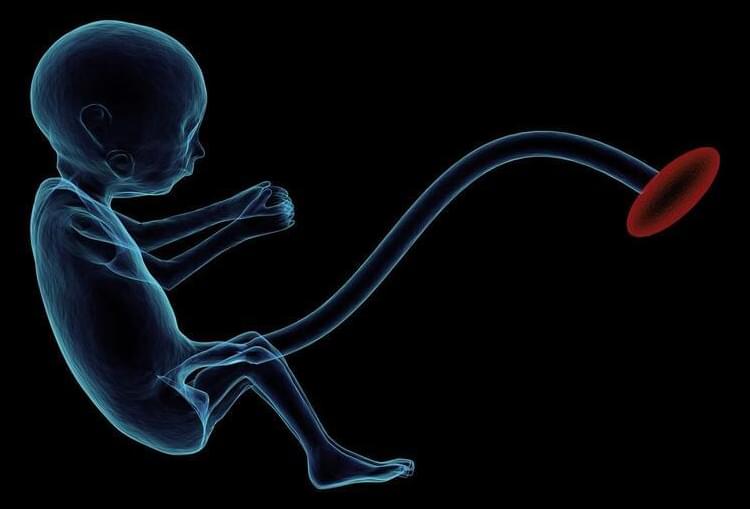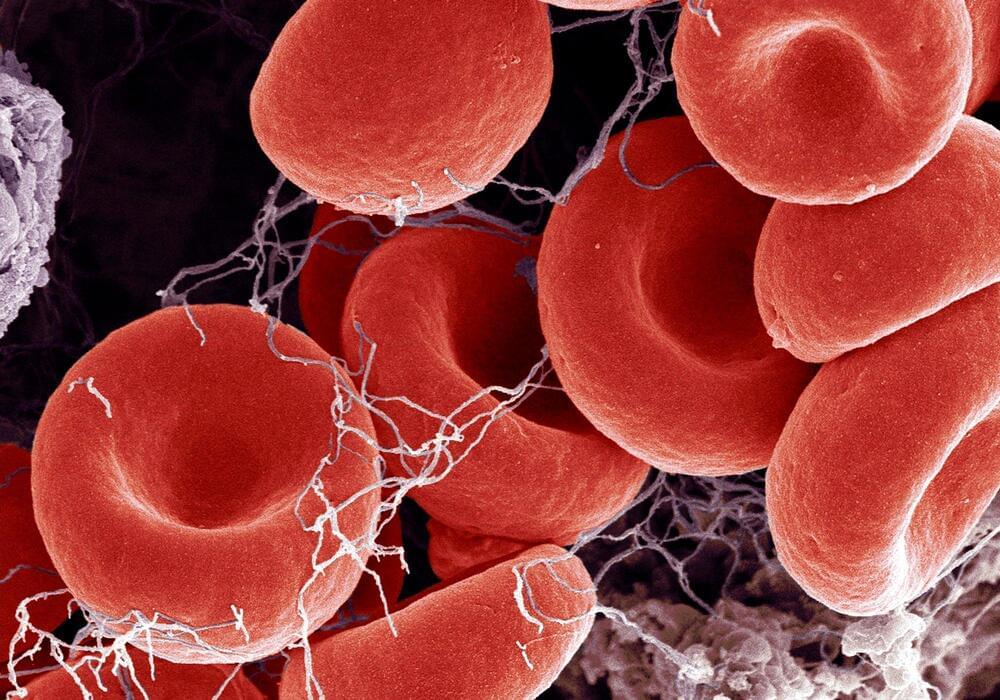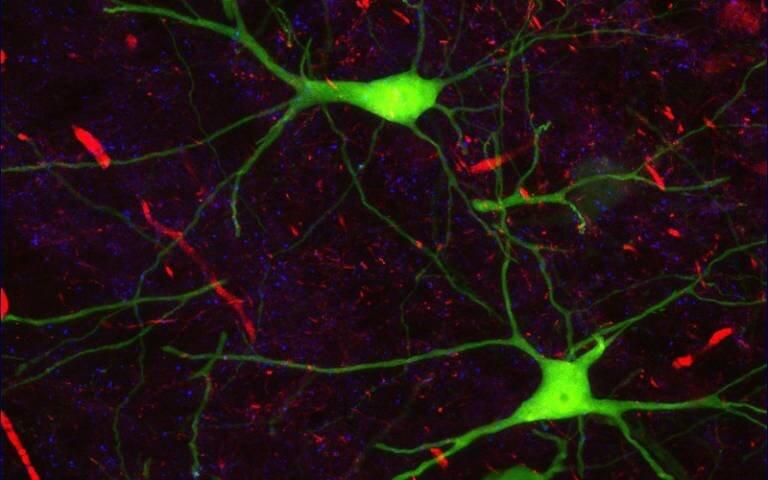
In the study, researchers in the laboratory of Anna Penn, MD, Ph.D., now at Columbia University Vagelos College of Physicians and Surgeons and previously at Children’s National Hospital in Washington, D.C., found that reducing amounts of a single hormone, called allopregnanolone (ALLO), in the placenta caused brain and behavior changes in male offspring that resemble changes seen in some people with autism spectrum disorder. The study also found that both brain structure and behavioral changes in the mice could be prevented with a single injection of ALLO in late pregnancy.
Preterm birth has been shown to increase the risk of autism spectrum disorders and other developmental problems, particularly in males. The more premature a baby is, the greater the risk of either motor or cognitive deficits. What does the preterm baby lose that is so critical to long-term outcomes?
A new study, in mice, suggests that one factor may be the loss of a placental hormone that the developing brain would normally see in the second half of pregnancy.
Continue reading “Loss of placental hormone linked to brain and social behavior changes” »

















